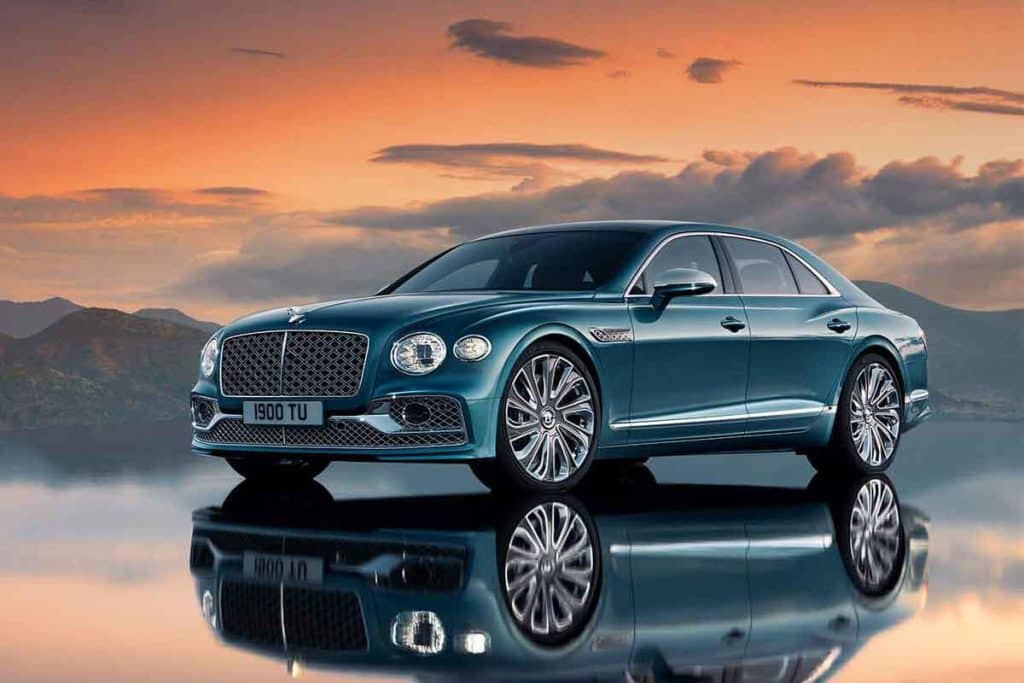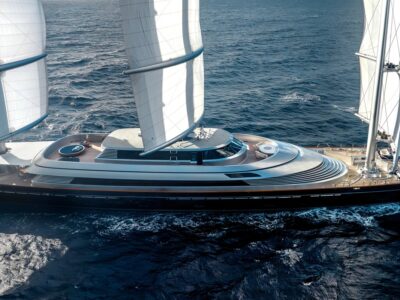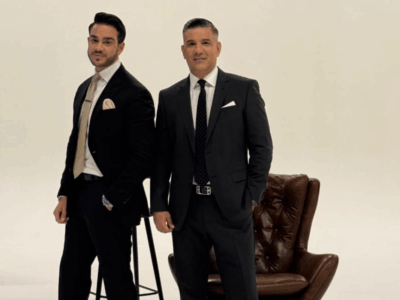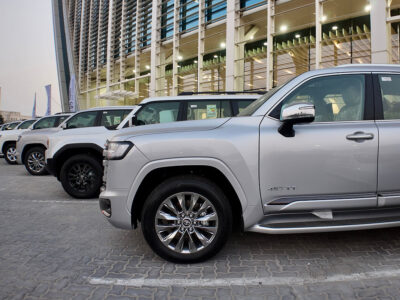The luxury car market globally has started to see signs of slowing as interest rates rise and macroeconomic conditions weaken. However, one region continues to be a bright spot- the Middle East. According to Adrian Hallmark, Chairman and CEO of Bentley Motors, demand in the Middle East remains strong compared to elsewhere.
“If you look at the next level, there’s ups and downs, which is why it’s not a big drop is just a shift compared with the past,” said Hallmark in an exclusive interview. While global orders have softened slightly as customers take longer to make purchasing decisions, the Middle East market is holding up much better.
Hallmark attributes this resilience to continued strong economic growth in the region. “Here it’s well over 3 percent growth. Whereas in other markets, it’s way less than that. One to two and a half percent,” he said. Countries like the UAE are forecast to see GDP growth of 5.7 percent this year as well. Stronger economic conditions mean customer sentiment remains correlated to rising prosperity.
The Middle East accounts for around 7-8 percent of Bentley’s global sales currently. While not an insignificant portion, Hallmark notes the local market is distinctive in that customers personalise their Bentleys far more than anywhere else. “If you look at the average car sold here compared with the global average car if that if there is such a thing, here, they’re far more personalised, far more equipped and distinctive from pretty much any country in the world,” he stated.
This passion for customisation is something Bentley has embraced. The brand’s Mulliner division has “industrialised” the process so that highly bespoke vehicles can be made just as efficiently as standard models. “It’s a USP for Bentley, and here Middle East and especially Dubai, they love it,” said Hallmark. Going forward, Mulliner will look to add even more personalisation choices based on customer feedback.

SUVs have also proven particularly popular in the Middle East market. The Bentayga makes up around 45 percent of Bentley sales in the region currently. This share is expected to rise further with the launch of an extended wheelbase Bentayga tailored for the local audience. “This is very much an SUV oriented market and the EWB is the pinnacle of our SUV. So I think it’s also a market that wants the best,” Hallmark commented.
Strong local partners have also helped drive Bentley’s success. Dealers maintain close relationships with customers and support the customisation process. Looking ahead, Hallmark sees collaboration broadening. “Our partners are usually in other fields up to motors as you probably aware real estate. Also fashion footwear customers. So there’s interest there there’s collaborations we do,” he noted.
Bentley’s strategic approach in the Middle East
Even with current resilience, Bentley is not taking the Middle East’s growth for granted. New products like the extended Bentayga will ensure relevance, while marketing activities and experiential events run by dealers will deepen engagement. Sustainability is another focal point as luxury consumers increasingly demand green credentials. Bentley’s factory and all Middle East retailers are now certified carbon neutral.
Overall, despite global economic headwinds, the luxury car market in the Middle East shows no signs of slowing. With a continued focus on the needs of local customers through customisation, SUV offerings and strong local partnerships, Bentley is well positioned to benefit from the region’s ongoing prosperity. The brand sees the Middle East as an important pillar of its global strategy for many years to come.





